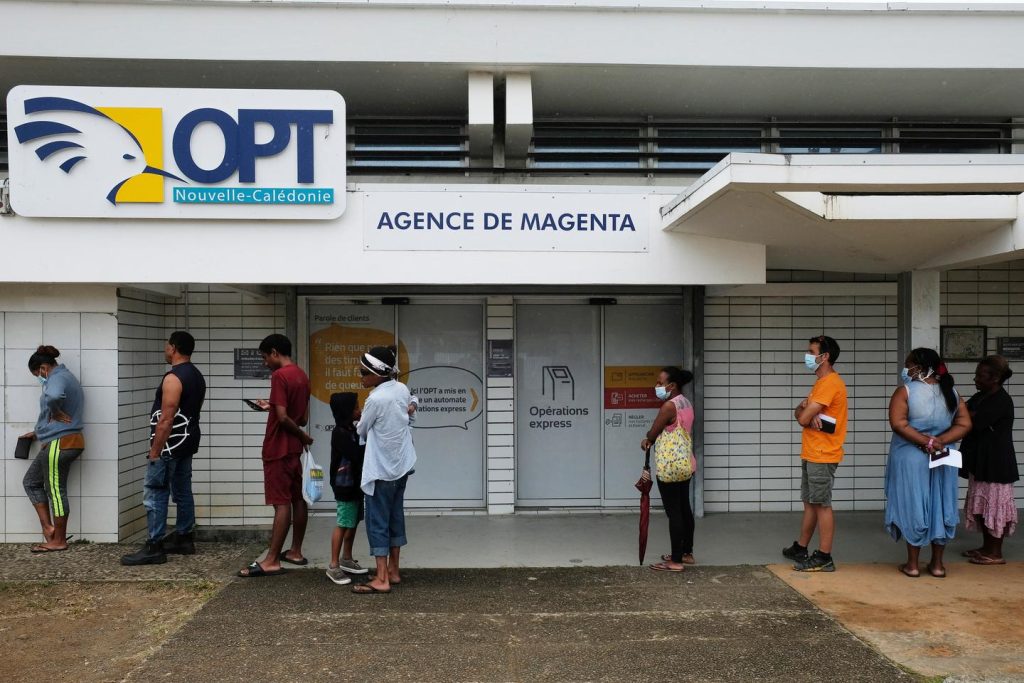The Autorité de la concurrence de Nouvelle-Calédonie (ACNC) recently handed out the heaviest sanctions since its establishment nearly six years ago. Following a self-referral in December 2023, the Autorité fined Ericsson and Intelia for their exclusive importation rights agreement, with Ericsson being fined 3.5 million euros and Intelia 521,000 euros. The agreement between the two companies in 2009 allowed Ericsson to win a significant portion of the tenders for telecommunications equipment supply from the Office des postes et télécommunications (OPT), a public institution with a monopoly on telecommunications. Exclusive contracts became illegal in overseas territories with the adoption of the Lurel law in 2012, and it wasn’t until 2014 that the New Caledonia-specific laws on competition came into effect. The scope of the investigation by the Autorité de la concurrence de Nouvelle-Calédonie was from 2014 to 2024.
The enforcement of competition laws in New Caledonia has been a recent development, with the passage of specific legislation on competition only taking place in 2014. Prior to this, exclusive agreements were common in overseas territories, allowing companies like Ericsson to secure contracts through such arrangements. The adoption of the Lurel law in 2012 marked the beginning of the end for these practices, making exclusive contracts illegal. The Autorité de la concurrence de Nouvelle-Calédonie’s investigation focused on the period from 2014 to 2024 and uncovered the violations committed by Ericsson and Intelia in their dealings with the OPT.
The fines imposed on Ericsson and Intelia by the Autorité de la concurrence de Nouvelle-Calédonie are significant, with Ericsson being penalized 3.5 million euros and Intelia facing a fine of 521,000 euros. These penalties were a result of the exclusive importation rights agreement between the two companies, which violated competition laws in place since 2012. The OPT, as the sole telecommunications provider in New Caledonia, was affected by this arrangement, as it limited competition in the telecommunications equipment supply market. The Autorité’s decision to impose such heavy fines underscores the seriousness of anticompetitive practices in the region.
The Autorité de la concurrence de Nouvelle-Calédonie’s investigation into Ericsson and Intelia’s exclusive importation rights agreement sheds light on the challenges of enforcing competition laws in overseas territories. With the OPT holding a monopoly on telecommunications services in New Caledonia, the authority granted to Ericsson through their agreement with Intelia had far-reaching implications for competition in the market. The fines imposed on both companies serve as a warning to other businesses operating in New Caledonia and highlight the importance of fair competition in telecommunications and other sectors.
In conclusion, the Autorité de la concurrence de Nouvelle-Calédonie’s decision to penalize Ericsson and Intelia for their exclusive importation rights agreement reflects a commitment to upholding competition laws in the region. The fines imposed on these companies serve as a reminder of the consequences of anticompetitive practices and the need for fair competition to ensure market efficiency and consumer welfare. By enforcing competition laws and penalizing violators, the Autorité de la concurrence de Nouvelle-Calédonie plays a crucial role in promoting a level playing field for businesses in New Caledonia’s telecommunications sector and beyond.


